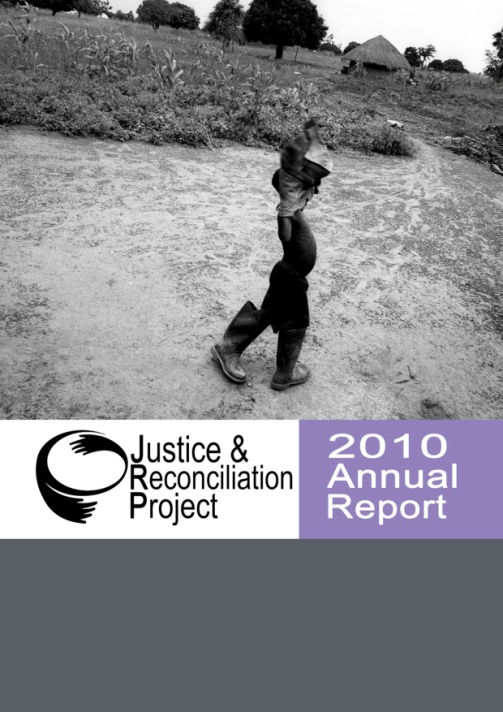“LRA victims to sue over compensation,” Daily Monitor, 7 March 2011
http://www.monitor.co.ug/News/National/-/688334/1120350/-/c4222wz/-/index.html
By Cissy Makumbi
Gulu
Victims of the Lord’s Resistance Army and West Nile Bank Front rebellions have threatened to drag the government to international courts for failing to compensate them for losses they incurred as a result of the wars.
The victims said the government failed to protect their properties and lives of their loved ones during the wars that resulted in destitution and increased number of orphans.
The chairperson of the group, Mr Sam Buti, during a memory sharing meeting organised by Justice Peace and Reconciliation Project held in Gulu on Friday, said many of their members have become amputees and can no longer engage actively in productive activities, which therefore calls for their compensation. “Bomb blast victims in Kampala have been compensated swiftly, why not us who have equally been permanently maimed due to government’s reluctance? ” Mr Buti asked.
The Presidential Adviser for northern Uganda, Mr Richard Todwong, said the government will compensate all those who lost their property and asked them for patience. He revealed that the government is already supporting many war victims including paying for their medical bills in hospitals. Over 6,000 maimed and mutilated war victims have already registered under the organization, many of them with no lips, ears and noses.



 Today the Justice and Reconciliation Project (JRP), in partnership with the South Africa-based Institute for Justice and Reconciliation (IJR), commenced a series of grassroots consultations in northern Uganda to explore local perspectives on transitional justice.
Today the Justice and Reconciliation Project (JRP), in partnership with the South Africa-based Institute for Justice and Reconciliation (IJR), commenced a series of grassroots consultations in northern Uganda to explore local perspectives on transitional justice.